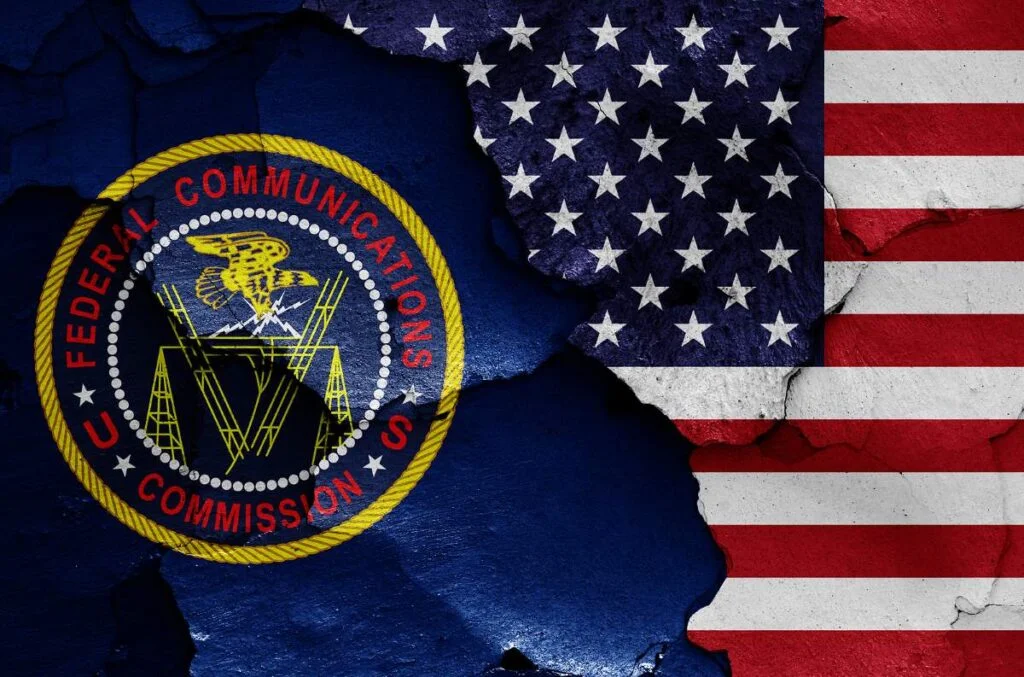As a recent enforcement measure of Artificial intelligence, the US Federal Communications Commission (FCC) has prohibited AI robocalls.

The Federal Communications Commission (FCC) of the United States has formally declared AI robocalls unlawful within the country.
Increasing Misuse of AI Robocalls
The enforcement will take effect immediately, per the FCC; therefore, the state now has the authority to prosecute any bad actor discovered using AI-generated voices in robocalls. This action is in line with the increasing prevalence of robocalls that spoof the voices of celebrities and other prominent figures to gain their trust.
Prominent American public figures have fallen prey to this fraudulent scheme. In a deepfake video, Vitalik Buterin, one of the co-founders of Ethereum, was observed endorsing a phishing website designed to steal cryptocurrency purses. The video was identified and subsequently disclosed by CertiK security analysts.
Similarly, Lee Hsien Loong, the prime minister of Singapore and a politician, drew attention to the proliferation of videos that employ artificial intelligence to fabricate fraudulent images of him endorsing cryptocurrency scams. Additionally, Taylor Swift made headlines a few weeks ago due to the internet’s circulation of explicit images of her.
Each of the incidents involving Taylor Swift and others involved a severe misuse of AI technology. Legislators have been compelled to propose fresh legislation about the AI ecosystem and to criminalize actions that infringe upon an individual’s privacy.
The new legislation regarding AI-generated robocalls demonstrates that policymakers in the United States are genuinely committed to tackling this issue.
Governments Efforts to Regulate AI
While the United States is presently enforcing a ban on AI robocalls, numerous other regions, such as the United Kingdom, have already initiated implementing their own AI regulation.
The UK government’s potential implementation of “targeted binding measures” towards companies developing advanced AI systems has been moot. To date, up to £100 million has been committed to safeguard the AI domain.
Similarly, the European Union (EU) and European Parliament members reached a provisional agreement regarding regulating artificial intelligence (AI). This entails overseeing how governments implement AI for biometric surveillance and regulating AI systems such as ChatGPT.
In addition to governmental entities, specific platforms that host these AI schemes also play a role in regulating AI. Swift received X’s immediate agreement to take action, and X removed the images and undertook other “appropriate actions actively.”
